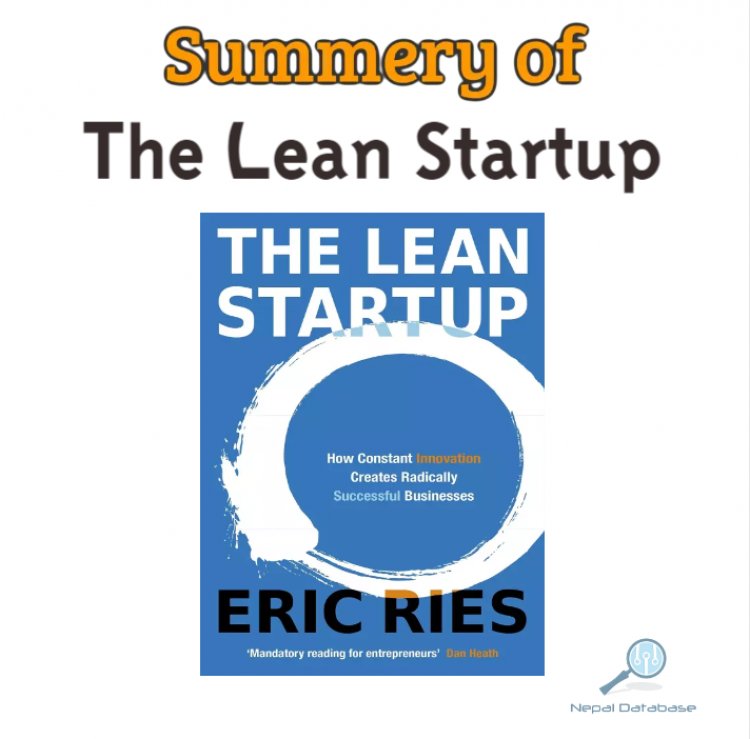The Lean Startup Summary - A Comprehensive Overview of the Business Strategy for Entrepreneurs and Innovators
Get a summary of The Lean Startup, the essential guide to business strategy for entrepreneurs and innovators. Understand the key concepts of this influential book and apply them to your startup.

The Lean Startup is a business strategy book written by Eric Ries that advocates for a new approach to entrepreneurship. The main idea behind the lean startup approach is to minimize risk and maximize efficiency by developing and launching a minimal viable product (MVP) as quickly as possible, and then iterating and improving based on customer feedback.
The traditional approach to starting a business often involves extensive planning, market research, and the development of a detailed business plan. However, this approach can be risky because it relies on a lot of assumptions about the market and the customer. The lean startup approach, on the other hand, is designed to be more flexible and adaptable, and it encourages entrepreneurs to learn and experiment in order to quickly validate or invalidate their assumptions about the market.
One of the key principles of the lean startup approach is the concept of the MVP. An MVP is a stripped-down version of a product or service that is designed to test the core value proposition of the product or service. It is usually a low-cost, low-risk way to test the market and gather feedback from customers. The idea is to get an MVP out to customers as quickly as possible, and then use the feedback from customers to iterate and improve the product or service.
Another key principle of the lean startup approach is the importance of continuous learning and experimentation. This means that entrepreneurs should be constantly testing and adjusting their products or services based on customer feedback. This can involve A/B testing different versions of the product or service, conducting customer surveys, or using analytics tools to track key performance indicators (KPIs) such as customer acquisition costs and conversion rates.
The lean startup approach also emphasizes the importance of having a clear vision for the business and a plan for how to achieve it. However, it recognizes that the plan will inevitably change as the business grows and evolves, and it encourages entrepreneurs to be flexible and adaptable in order to respond to changing market conditions.
One of the main benefits of the lean startup approach is that it helps entrepreneurs to minimize risk and maximize efficiency. By launching an MVP and iterating based on customer feedback, entrepreneurs can avoid investing a lot of time and money into a product or service that might not be successful. It also helps entrepreneurs to focus on delivering value to customers, which can be a key factor in building a successful business.
Overall, the lean startup approach is a flexible and adaptable way of starting a business that focuses on minimizing risk, maximizing efficiency, and delivering value to customers. It emphasizes learning and experimentation, and it encourages entrepreneurs to be flexible and adaptable in order to quickly respond to changing market conditions. By following the principles of the lean startup approach, entrepreneurs can build successful businesses by focusing on delivering value to customers as quickly and efficiently as possible.
What's Your Reaction?








































































































